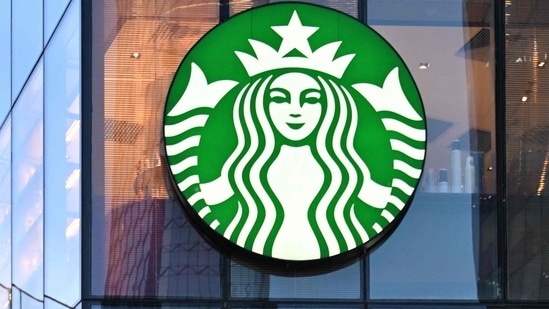Starbucks Sidesteps Political Backlash with Ban on Presidential Campaign Merchandise

Walk into any Starbucks in South Korea, and you might notice something unusual: the absence of certain names. The coffee giant has temporarily disabled the use of six specific names associated with candidates in the upcoming presidential election. This decision aims to uphold political neutrality during a time of heightened political tension in the country. Starbucks has stated that this measure will remain in effect until after the election on June 3.
Starbucks Takes a Stand on Political Neutrality
Starbucks’ decision to block the names of the presidential candidates comes in response to a growing trend of customers using political phrases as their nicknames when ordering drinks. The company noted that it wants to ensure a pleasant experience for all customers and avoid any potential misunderstandings that could arise from the baristas calling out politically charged names. The candidates whose names are currently banned include Lee Jae-myung, Kim Moon-soo, Lee Jun-seok, Kwon Young-kook, Hwang Kyo-ahn, and Song Jin-ho. This is the first time Starbucks has implemented such a ban on all candidates in an election, reflecting the increasing politicization of everyday activities in South Korea.
The political landscape in South Korea has become increasingly polarized, particularly following the impeachment of former President Yoon Suk Yeol. As citizens prepare to select a new leader, even mundane interactions, such as ordering coffee, can take on political significance. Starbucks’ move highlights the challenges businesses face in navigating this complex environment, where neutrality is paramount.
Public Reactions to the Ban
The public’s response to Starbucks’ ban has been mixed. Some customers view the decision as excessive, arguing that it infringes on personal expression. For instance, 33-year-old Jang Hye-mi expressed concern about the implications for individuals who share names with the candidates. Others, like Ji Seok-bin, a regular customer, acknowledged the rationale behind the ban but considered it somewhat trivial. He noted that the political divide in the country has made discussions about politics increasingly contentious, leading many to avoid the topic altogether.
Starbucks has emphasized that its goal is to create a welcoming atmosphere for all patrons. The company stated that blocking certain phrases, particularly those related to political candidates, is a precautionary measure to maintain this environment during the election season. As political tensions continue to rise, businesses are finding themselves in a delicate position, balancing customer satisfaction with the need for neutrality.
Wider Trends in Political Neutrality
Starbucks is not alone in its efforts to maintain political neutrality during the election season. Naver, South Korea’s largest search engine, has also disabled autocomplete and related search suggestions for political candidates. This practice is common during elections, as the platform aims to provide fair and accurate information. Searches for candidates often yield politically charged phrases, reflecting the contentious nature of the current political climate.
Public figures and celebrities are also navigating these challenges carefully. They are often scrutinized for their political affiliations, with even their clothing choices coming under scrutiny. Wearing colors associated with specific political parties can lead to backlash, as seen in previous elections. Celebrities have been known to avoid politically symbolic colors altogether, opting for neutral tones to sidestep potential controversy.
The Impact of Political Polarization
The heightened political polarization in South Korea has led many individuals to adopt a cautious approach to discussions about politics. Dr. Cho Jin-man from Duksung Women’s University emphasized the importance of being able to engage in conversations about differing viewpoints without crossing boundaries. However, he noted that many people are choosing silence as a means of maintaining political neutrality amid the growing divisions in society.
As the election approaches, the impact of political polarization is evident in various aspects of daily life, from ordering coffee to public discourse. The actions of companies like Starbucks and platforms like Naver reflect a broader trend of seeking neutrality in a time of significant political upheaval. As South Korea prepares for its presidential election, the interplay between politics and everyday life continues to evolve, shaping the experiences of citizens across the nation.
Observer Voice is the one stop site for National, International news, Sports, Editor’s Choice, Art/culture contents, Quotes and much more. We also cover historical contents. Historical contents includes World History, Indian History, and what happened today. The website also covers Entertainment across the India and World.
Follow Us on Twitter, Instagram, Facebook, & LinkedIn

